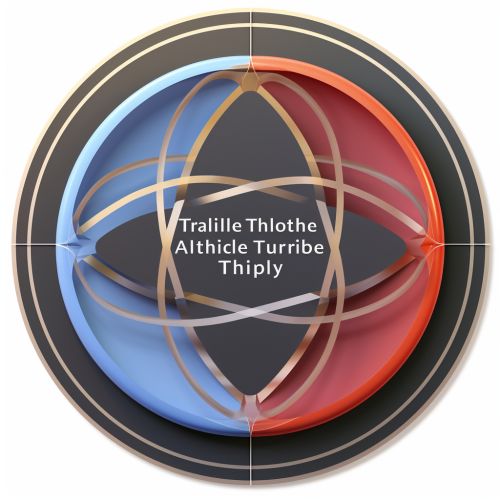Tripartite theory of knowledge
Introduction
The tripartite theory of knowledge is a proposal in epistemology, the study of knowledge, which suggests that knowledge consists of three components: belief, truth, and justification. This theory is often attributed to the ancient Greek philosopher Plato, who first articulated it in his dialogues.


Belief
In the context of the tripartite theory, belief refers to the mental state in which an individual holds a proposition or statement to be true. It is important to note that belief, in this context, is subjective and does not necessarily correlate with objective truth. For instance, one might believe that the Earth is flat, but this does not make it true.
Truth
Truth, as a component of the tripartite theory, refers to the objective state of affairs in the world. A proposition is considered true if it corresponds with reality. For example, the statement "The Earth revolves around the Sun" is true because it accurately describes the astronomical relationship between the Earth and the Sun.
Justification
Justification, the third component of the tripartite theory, involves having adequate evidence or reasons for one's belief. In other words, for a belief to be considered knowledge, it must not only be true but also justified. The nature and requirements of justification have been the subject of much debate among philosophers.
Criticisms and Counterarguments
While the tripartite theory of knowledge has been influential in the field of epistemology, it has also faced numerous criticisms. One of the most notable is the Gettier problem, which challenges the idea that belief, truth, and justification are sufficient conditions for knowledge.
